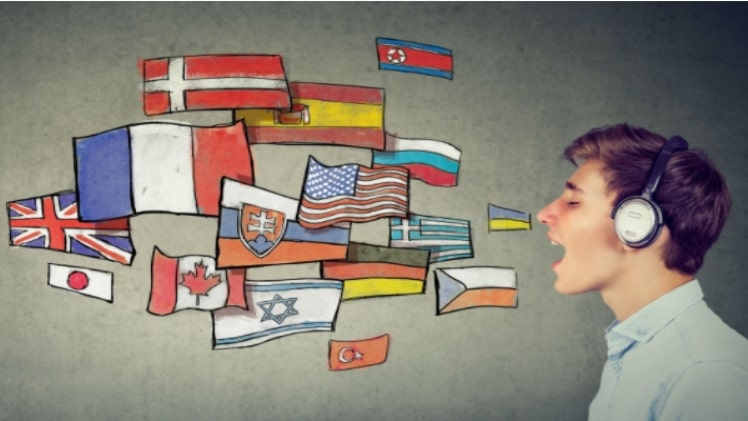A translator is a person who converts spoken or written text from one language to another. There are no credentials required to become a translator; however, a few certifications and accreditations help stand out in the crowd and gain more clients since it is a profession now.
There has been a sudden surge in translator requirements because of the digitalization of marketing spaces. Businesses are now looking to target their audience and expand their growth horizons by reaching people internationally in their language.
Reaching people and communicating with them in their source language helps businesses set up their brand in a new country and grow organically. Although, a translator has other places to work, such as in government agencies and international social agencies like the UN.
This post mentions the information to help you make a clear pathway to becoming a certified translator and land more jobs than others. Read on to know more!
What is a Translator’s Job?
Generally, people use translators and interpreters and synonyms. However, a translator’s job is different from that of an interpreter. A translator works mostly with a written text, whereas an interpreter makes the other person understand the spoken words.
Translators are famous for converting material from a foreign language to the native language of the country that the clients want them to. Ideally, a translator is eloquent in at least two languages and has expertise in one subject; however, it may vary from individual to individual.
An accredited translator is expected to translate different kinds of material like technical, legal, financial, advertising, and more. In addition, they can also translate fictional work like dialogues of video games, films, and more.
What are The Skills Needed to Become a Translator?
There are no eligibility criteria to become a translator. However, a translator has a major duty to perform. He brings forward the brand value, legal information, and more to a wider audience. Therefore, a translator must at least have the following skills:
- Fluency in one or more foreign languages. The understanding should be near the native language for better efficiency and performance as a translator.
- The translator needs to have a deep knowledge of the culture of the language he wants to keep as the source language.
- It would help if you had excellent writing accuracy in your mother tongue.
- It would be great if the translator had an academic degree in the subject area or any subject that can help specialize the area of work.
- And above all, dedication, accuracy, and curiosity shape the best performer.
In addition, it is not required to have any academic degree in translation. However, if you want, you can go on and do a Masters in Translation offered by various government and private agencies. In addition, there are several similar accreditations available such as a Diploma in Translation, also known as DipTrans. These certifications help you gain a higher edge in the market and gain more clients than your competitors.
What are the Job Opportunities as a Translator?
Several agencies like Language Service providers offer in-house jobs for translators to convert the text of all kinds into the source language. It includes textbooks, legal notes, educational data, technical write ups, and more. The companies connect with the LSPs and hire translators on a project basis or as full-time employees. The employment offer majorly depends on how you want to work.
In addition, international agencies like the UN and EU also have institutions that offer translator jobs on internship and employment. However, the standards and skill requirements are high in such institutes; therefore, it is better to get your DipTrans or MA in Translation from an accredited University and Institution.
How can I improve my Language Skills?
Practice, they say, is the mother of all the ways to gain perfection in any field. Likewise, reading is another great way to hone your language skills. You can subscribe to good channels that provide information in your source language. It is even better to read about your specialized subject in the source language. It will help you get closer to the subject and the language. In addition, practicing grammar and punctuation is equally important.
Final words
If you are considering becoming a translator, then go for it. We hope the above-mentioned information helps you sort your plans and get into the translation field. The scope is great but always remember with great power comes great responsibility. Happy learning.

